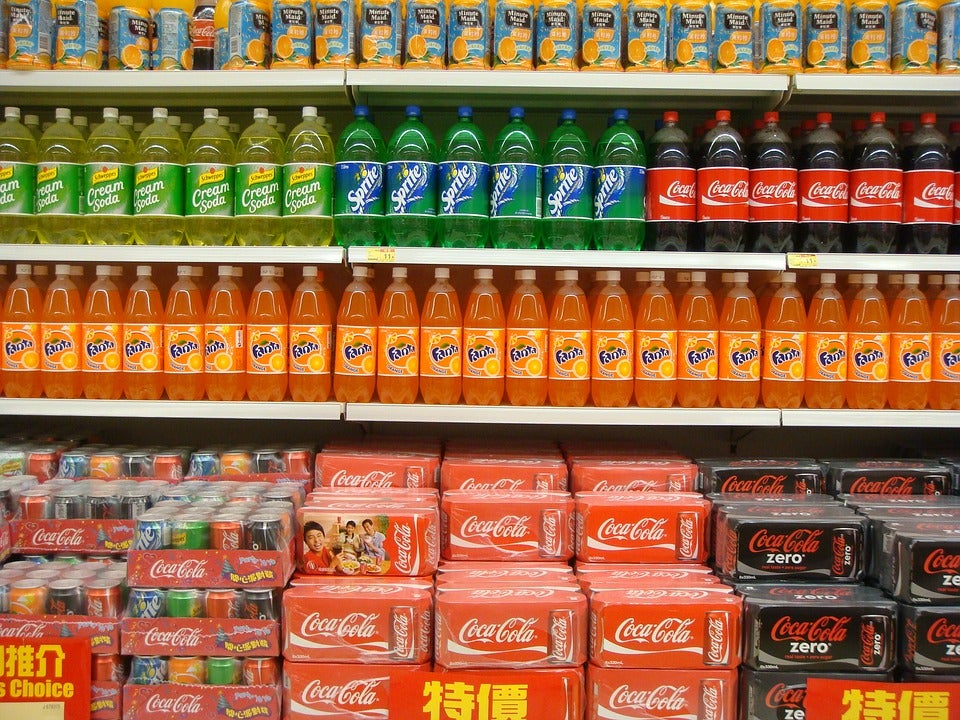Two new studies show that drinking fewer sugary drinks in the home or at school can lower fat and body weight gain in teens and children.
In the study of teens by Harvard University researchers, those who drank fewer sugary drinks in the home for one year gained less weight compared to those who did not change their sugary drink intake. Overweight and obese teens who regularly drank sugary drinks were provided a year of home-delivery of sugar-free beverages as well as education and behavioral counseling aimed at decreasing sugar-sweetened beverage consumption. At the end of the year, weight gain was significantly lower in the group that received sugar-free beverages than in the group that did not. However, a follow-up a year later showed that the weight difference between the two groups had become less significant. The findings imply that a long-term habit of cutting back sugary drinks is important for maintaining a healthy weight. An interesting finding is that for Hispanic teens, cutting back on sugary drinks in the home for one year led to a significant decrease in weight gain even after two years. (1)
In the study of normal-weight children, those who drank a cup of a given sugar-free, artificially sweetened drink each day at school gained less fat and weight than those who drank one cup of a sugary drink each day at school. The researchers suggest that the sugar-free groups reduction in body fat could be an effect of ingesting fewer calories and a decrease in hunger as a result of tempered insulin spikes. Children in the United States consume on average almost three times as many calories from sugar-sweetened beverages as the amount provided in our trial, states the study. We speculate that decreased consumption of such beverages might reduce the high prevalence of overweight in these children. (2)
The outcomes of the two studies support public health guidelines for limiting sugar-sweetened beverage consumption. While replacing sugary drinks with non-nutritive or artificially-sweetened drinks can potentially help you lose weight, compensating by consuming more calories from other sources can negate this effect. It is not conclusive whether drinking artificially sweetened beverages will truly benefit your health and make you lose weight in the long-term. (3) For now, the best option is to encourage people to develop healthy beverage choices from a young age, whether at school or in the home. Read more about sugary drinks versus diet drinks on The Nutrition Source.
Cutting out Sugary Drinks for Kids-Source List
(1) Ebbeling CB, Gortmaker SL, Ludwig DS, et al. A randomized trial of sugar-sweetened beverages and adolescent body weight. N Engl J Med. 2012; 361:1407-16.
(2) Ruyter JC, Katan MB, et al. A trial of sugar-free or sugar-sweetened beverages and body weight in children. N Engl J Med. 2012; 367:1397-406.
(3) Gardner C, Lichtenstein AH, et al. Nonnutritive sweeteners: current use and health perspectives: a scientific statement from the American Heart Association and American Diabetes Association. Circulation. 2012; 126:509-19.
